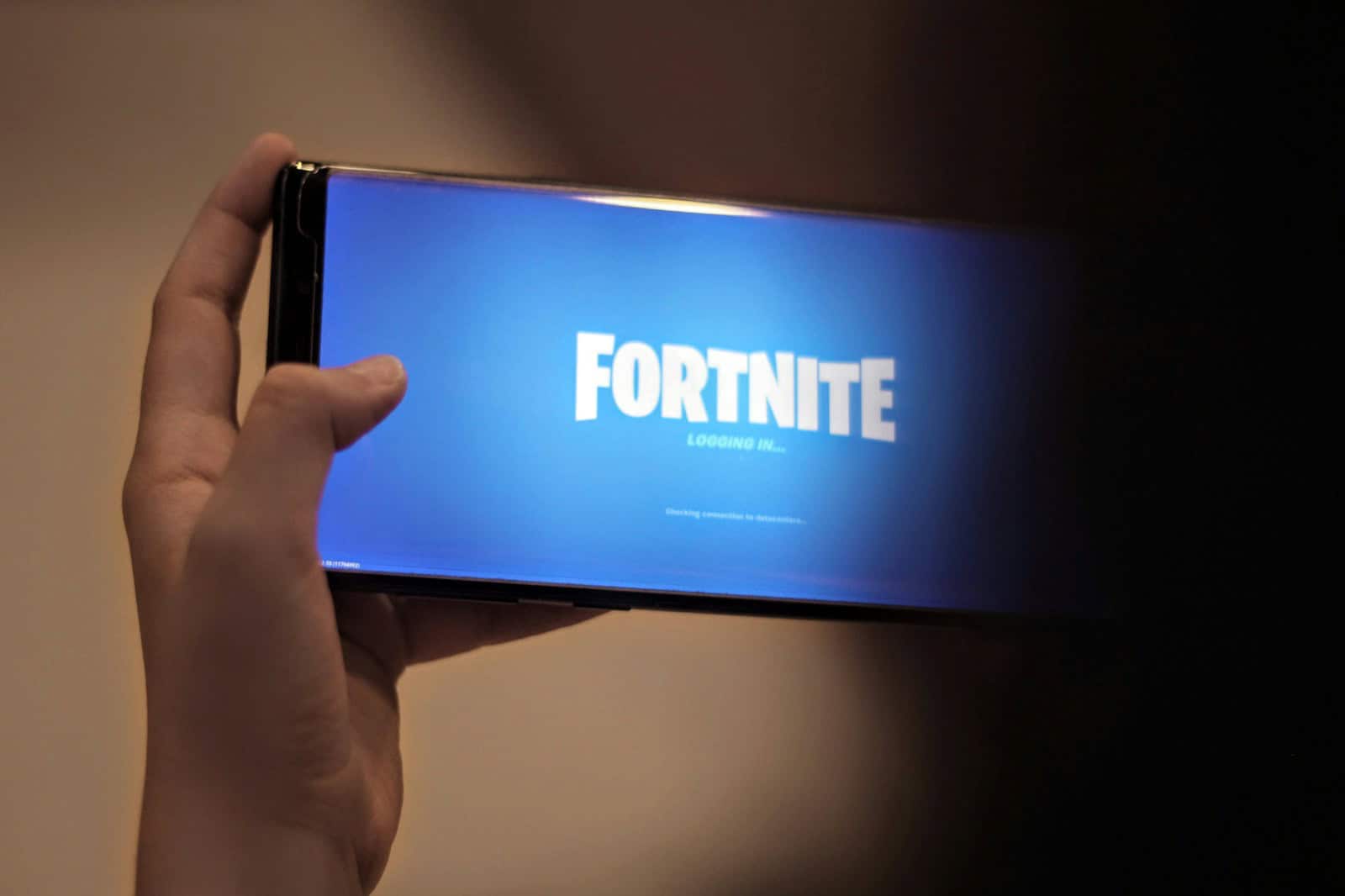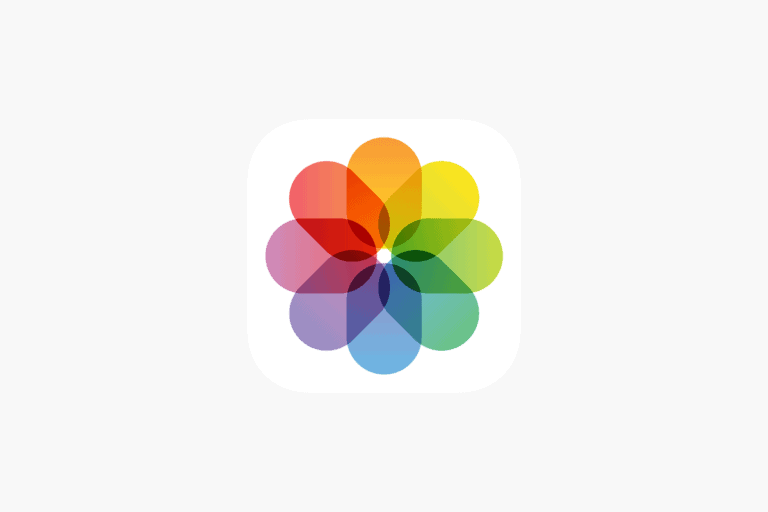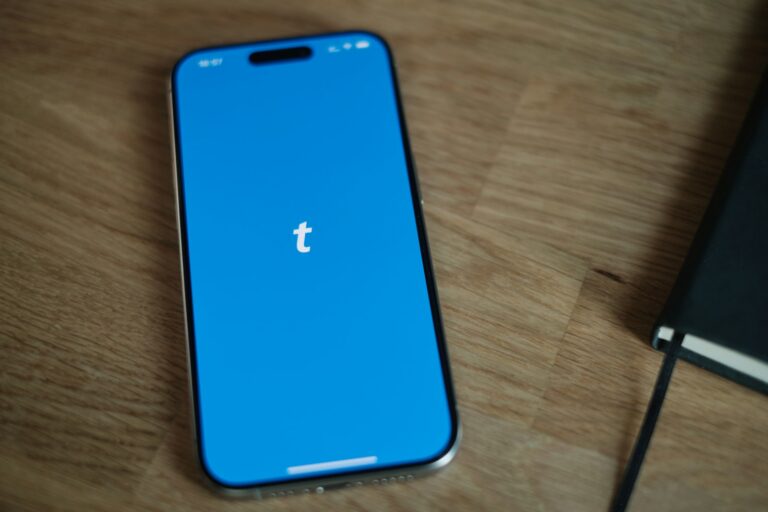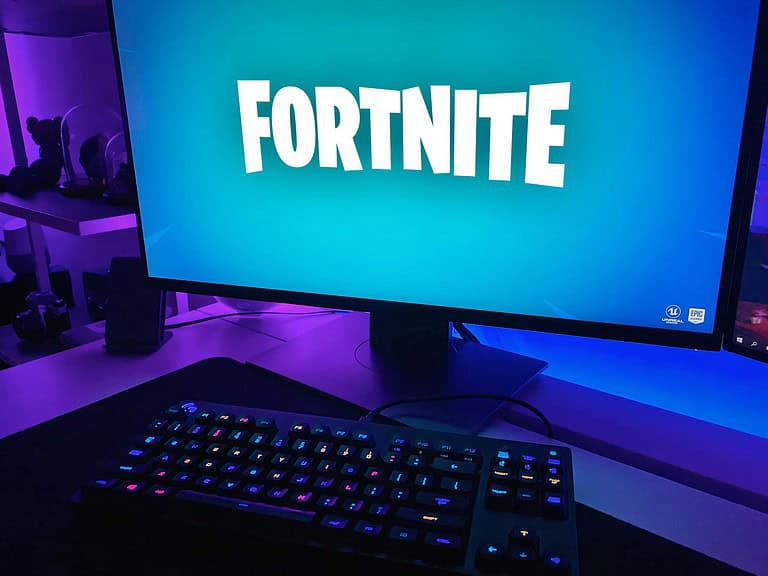
The gaming world was hit with surprising news today as Epic Games announced that Apple has blocked Fortnite’s submission to both the U.S. App Store and the Epic Games Store for iOS in the European Union. Despite previous indications that Fortnite might finally return to iOS devices after its 2020 ban, Apple’s latest decision marks another chapter in the ongoing legal battle between the two tech giants.
This rejection comes as a significant blow to millions of mobile gamers who have been eagerly awaiting Fortnite’s return to iOS platforms. Epic Games CEO Tim Sweeney has publicly addressed the situation, even directly tweeting Apple CEO Tim Cook to express his frustration. The game had previously been allowed back on European devices following pressure from EU authorities on Big Tech companies, making this recent block particularly unexpected.
The Apple vs. Epic Showdown Reignites in 2025
The clash between Apple and Epic Games is back in the spotlight after Apple denied Epic’s attempt to bring Fortnite back to the U.S. App Store. The fallout is immediate and global—Fortnite is once again inaccessible on iPhones and iPads, including in markets where it had only just made a comeback.
The issue isn’t about a bug or a technical failure—it’s a battle over control, competition, and compliance, and it has major implications for the future of mobile gaming and app store regulation.
How We Got Here: A Timeline of Key Events
| Date | Event |
|---|---|
| Aug 2020 | Epic introduces direct payment in Fortnite, bypassing Apple’s 30% cut |
| Aug 2020 | Apple removes Fortnite from the App Store |
| Sept 2021 | Court rules partially in Epic’s favor; Apple must allow outside links |
| April 2024 | EU’s Digital Markets Act takes effect, opening doors to new app stores |
| May 2025 | Apple held in contempt for failing to follow the 2021 court order |
| May 2025 | Apple blocks Epic’s latest Fortnite submission to U.S. App Store |
Apple’s Reasoning and Epic’s Response
Apple claims the latest rejection isn’t a blanket ban, but rather a response to how the update was submitted. According to Apple, the version Epic pushed included the U.S. storefront—something Apple requested be left out to avoid further legal conflict in that region.
Epic, on the other hand, views Apple’s decision as a strategic blockade. CEO Tim Sweeney stated that Apple is abusing its position by dragging out the approval process and creating artificial barriers to competition.
This isn’t just about platform control. It’s about whether Apple is honoring its legal obligations—or selectively applying policy to protect its ecosystem from disruption.
Fortnite’s Fragile Comeback in the EU
While the U.S. App Store remains off-limits, Fortnite had returned to iOS in Europe thanks to the Digital Markets Act. The DMA requires companies like Apple to allow third-party app stores and alternative distribution methods on their platforms.
Epic used this opening to launch the Epic Games Store on iOS in select EU countries, briefly making Fortnite accessible again to iPhone users in Europe.
But that success was short-lived.
Due to Epic’s policy of unified updates across all platforms, the blocked U.S. submission has effectively forced the game offline even in the EU. This approach ensures all players get the same version of Fortnite, but it also means Apple’s localized decision had a global ripple effect.
What This Means for Players and Developers
The return of Fortnite to mobile remains uncertain, and millions of players are caught in the crossfire. But this standoff has broader implications than just one game:
For Players
- Fortnite remains unplayable on iPhones and iPads
- Cross-platform syncing and content access are disrupted
- New seasons, updates, and cosmetics can’t be accessed by mobile users
For Developers
- Raises red flags about how Apple enforces App Store rules
- Creates hesitation around building ecosystems dependent on Apple’s approval
- Highlights the need for reliable third-party app distribution
Regulatory Pressure Builds
This latest development arrives as regulators in the U.S. and abroad are watching Apple closely. The contempt ruling from a U.S. federal court was a strong rebuke, stating that Apple acted in a way that “thwarted the injunction’s goals” and preserved anti-competitive practices.
In Europe, the DMA has already disrupted Apple’s walled garden. In the U.S., the fallout from the court decision may eventually force Apple to loosen its grip further—whether through additional rulings or legislation.
Comparing Access to Fortnite by Platform (2025)
| Platform | Fortnite Status | Notes |
|---|---|---|
| iOS (U.S.) | Not Available | Blocked by Apple’s App Review process |
| iOS (EU) | Temporarily Available | Now offline due to unified update policy |
| Android | Available via Epic or Samsung store | Not on Google Play Store |
| PC (Windows) | Fully Available | Downloadable via Epic Games Launcher |
| Console (PS5/Xbox/Switch) | Fully Available | No restrictions on consoles |
What’s Next in the Apple-Epic Conflict?
The battle over Fortnite’s mobile future isn’t just legal—it’s deeply ideological. Epic wants a future where developers can operate freely, host their own stores, and avoid revenue splits they consider unfair. Apple, meanwhile, insists that its ecosystem must maintain a unified and secure experience.
Until a final resolution arrives—likely through a combination of courtroom decisions and regulatory enforcement—mobile gamers will remain at the mercy of corporate strategy. The question is no longer whether Fortnite will return to iOS, but under what terms and how many other developers might be watching from the sidelines.
Key Takeaways
- Apple has rejected Fortnite’s submission for both U.S. and European Union iOS app stores despite previous expectations of its return.
- Epic Games’ CEO has publicly challenged Apple’s decision, escalating the years-long dispute between the companies.
- Mobile gamers across multiple regions now face continued uncertainty about when they might access the popular battle royale game on iOS devices.
Apple Blocks Epic Games: The Ongoing Dispute Over Fortnite’s U.S. App Store Return
The conflict between Apple and Epic Games has escalated once again with Apple blocking Fortnite’s return to iOS devices in both the United States and European Union. This latest development continues the years-long legal battle between the two tech giants.
Background of the Apple-Epic Legal Battle
The dispute between Apple and Epic Games began in 2020 when Epic intentionally violated Apple’s App Store guidelines. Epic added a direct payment option in Fortnite to bypass Apple’s 30% commission fee on in-app purchases. Apple promptly removed Fortnite from the App Store, triggering a legal battle.
Epic Games sued Apple, challenging its control over iOS app distribution and payment processing. The court case resulted in mixed rulings. While the judge didn’t find Apple to be a monopolist, the court did order Apple to allow developers to direct users to alternative payment methods.
Following pressure from European Union regulators, Apple briefly allowed Fortnite back into certain markets in 2024. This temporary reconciliation appeared to signal possible progress in their relationship.
Current Status: Fortnite’s Removal and Continued Ban
On May 16, 2025, Epic Games announced that Apple has blocked their Fortnite submission, preventing its release on both the U.S. App Store and Epic’s own iOS store in the European Union. Epic CEO Tim Sweeney has taken to social media to publicly criticize Apple CEO Tim Cook over this decision.
Epic claims Apple is unfairly restricting competition despite regulatory pressures. According to Epic’s statement, “Apple has blocked our Fortnite submission so we cannot release to the U.S. App Store or to the Epic Games Store for iOS in the European Union.”
The game has been removed entirely from the App Store after this latest confrontation, leaving iOS users without official access to one of the world’s most popular games.
Impact on Gamers and Mobile Gaming Industry
This ongoing dispute has significant consequences for millions of Fortnite players using iOS devices. Players who previously downloaded Fortnite can still access older versions, but they cannot receive updates or new content releases.
For the mobile gaming industry, this conflict represents a pivotal moment in the struggle over app store policies and revenue sharing models. Many developers are watching closely, as the outcome could influence future relationships between platform holders and game creators.
The continued absence of one of the world’s most popular games from iOS devices highlights the power imbalance between app developers and platform owners. Industry analysts suggest this dispute could accelerate the development of alternative distribution methods and cloud-based gaming solutions.
Players hoping to enjoy Fortnite on mobile now must rely on Android devices or cloud gaming services to access the latest version of the game.
Implications of the App Store Ban for the Broader Ecosystem
Apple’s blocking of Fortnite creates ripple effects throughout the digital marketplace that extend far beyond just one game. This decision impacts competitors, platforms, and millions of users who now face a fragmented gaming experience.
Effects on Competitors and Related Platforms
The ban on Fortnite sets a concerning precedent for other game developers considering alternative payment systems. Companies like Valve, which operates Steam, are closely monitoring the situation as it could affect their mobile strategy.
Major publishers of strategy games and RPGs now face difficult choices about their iOS distribution plans. Games set in popular worlds like Forgotten Realms must consider whether challenging Apple’s policies is worth the potential market exclusion.
Video content creators who specialize in Fortnite gameplay face reduced viewership and revenue as iOS users can no longer access the game. This has led to a measurable decline in Fortnite-related content on platforms like Yahoo and other streaming services.
Equipment manufacturers who create specialized controllers and accessories for mobile gaming have reported sales drops for iOS-compatible products. The impact extends to adjacent markets that relied on Fortnite’s massive player base.
User Experience and Consent Concerns
Users face a fractured experience where their purchased content, sound effects, and cosmetic items remain inaccessible on iOS devices. Many players have expressed frustration at being caught in the middle of this corporate dispute.
The blocking raises questions about user consent and ownership. Players who spent real money on in-game items cannot access their purchases, despite having no say in the business disagreement.
Cross-play features that allowed friends on different platforms to play together have been disrupted. This social fragmentation has been particularly problematic for younger players who use Fortnite as a social space.
Apple’s justification centers on protecting users, while Epic argues for consumer choice. This fundamental disagreement about consent – whether users should be able to choose payment methods – sits at the heart of the conflict.
Frequently Asked Questions
The dispute between Epic Games and Apple has created confusion for many Fortnite players on iOS devices. Here are answers to the most common questions about this ongoing situation.
What are the reasons behind Apple’s decision to block Fortnite from the App Store?
Apple has blocked Fortnite’s submission to both the U.S. App Store and the Epic Games Store for iOS in the European Union. The company is refusing to notarize both versions of the game.
This decision comes shortly after Epic Games attempted to reintroduce the popular battle royale game to Apple’s platforms. The rejection appears to be connected to the ongoing legal disputes between the two companies.
How can users circumvent the block on Epic Games purchases on iOS devices?
Currently, there is no official workaround for iOS users to download or update Fortnite. The game is effectively offline on Apple devices.
Players who previously downloaded Fortnite may still have access to an outdated version, but cannot receive updates. Some users have turned to cloud gaming services as an alternative to play Fortnite on iOS devices through a web browser.
Is there a possibility for Fortnite to return to the Apple App Store in the future?
The future of Fortnite on iOS remains uncertain. Epic Games continues to push for the game’s return, but Apple has maintained its position against approving the submission.
Any potential return would likely require resolution of the legal disputes between the companies. Epic CEO Tim Sweeney has publicly appealed to Apple CEO Tim Cook, suggesting that negotiations are still ongoing.
What is the root cause of the dispute between Epic Games and Apple?
The conflict began when Epic implemented a direct payment system in Fortnite that bypassed Apple’s 30% commission on in-app purchases. This violated Apple’s App Store guidelines.
Apple responded by removing Fortnite from the App Store, which prompted Epic to file lawsuits challenging Apple’s control over iOS app distribution. The dispute centers on App Store policies, payment processing fees, and competition concerns.
How does the absence of Fortnite from the App Store impact iOS gamers?
iOS gamers cannot download new versions of Fortnite or receive game updates. This has left the game offline for Apple device users who didn’t previously install it.
Players miss out on new seasons, characters, and gameplay features that are regularly added to the game. This creates a significant disadvantage for iOS users compared to players on other platforms.
Are there any legal implications for the ongoing dispute between Epic Games and Apple?
The legal battle has already resulted in court rulings that have partially favored both companies. Some App Store policies have been ordered to change, while others have been upheld.
The dispute could potentially set precedents for how app stores operate and what control platform owners can exercise. Regulatory authorities in various regions continue to monitor the situation as part of broader investigations into tech company practices.






